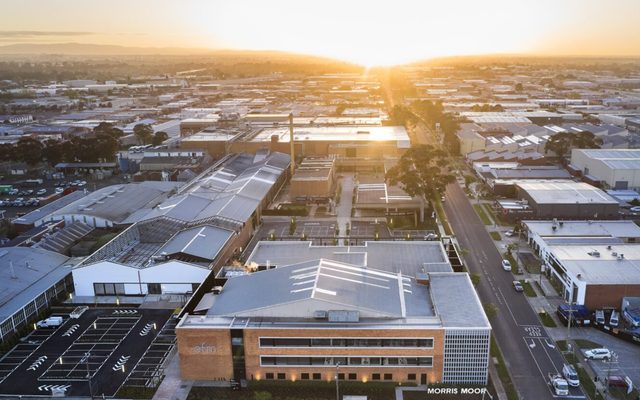This article is from the Australian Property Journal archive
Grollo, who was speaking at the Property Council’s Melbourne business lunch, said Australia’s $1 trillion superannuation funds should become active players in the property market.
He pointed out that over the past two years, property developers and companies have been starved of liquidity in the absence of major lenders financiers such as the Big Four (Westpac, NAB, ANZ, CBA).
The lack of liquidity was further worsened following the mass departure of foreign lenders who were asked by their governments to repatriate funds back to their countries.
Grollo recently sealed a $800 million deal, securing funding to go ahead with its 163 Castlereagh St Sydney CBD development. However the project was not financed by an Australian bank.
Despite the project being 76% pre-committed to ANZ Bank and law firm Freehills on 15 and 10 year leases respectively, Grocon sourced alternative funding from LaSalle Investment Management and GPT.
The GPT Wholesale Office Fund pre-purchased a 50% interest in the development for $333 million, which will fund the construction of the project on a cost to complete basis, with Grocon taking the development risk and providing rent guarantees for the fund.
Grollo believes super funds which have a $1 trillion plus war chest, should become active investors and/or lenders in Australian property.
Whilst Australian super funds have been reweighting their exposure to property, their overseas counterparts have been taking advantage of the market.
Late last year, the world’s fifth largest and South Korea’s National Pension Service bought Aurora Place in Sydney CBD for about $685 million.
And earlier this month, a Swiss pension fund paid $94 million for Leighton Properties’ latest mixed use development, HQ in Brisbane’s Fortitude Valley – its second investment following the acquisition of American Express building in Sydney last year.
Grollo said the legacy left by the GFC is that there just not enough capital to go around.
And whilst he acknowledged financing has somewhat improved, he believes the days of free flowing liquidity prior to 2008 and 2009 are over.
“Australia’s property market has suffered from the withdrawal of local and overseas banks but financing conditions are better now than they were 12 months ago.
“But banks will be more skeptical and choosy on what projects they fund,” he continued.
“We will never get back to what it was two years ago in 2006 and 2007,” Grollo concluded.
Australian Property Journal



